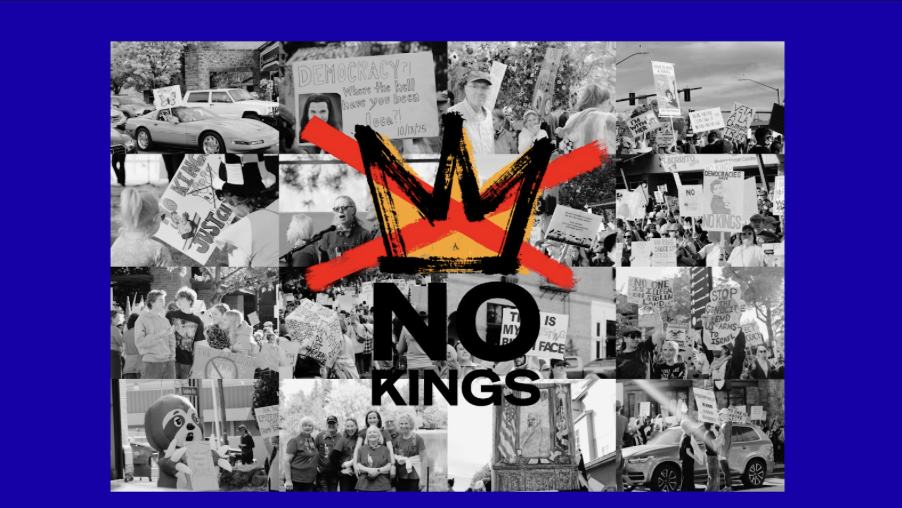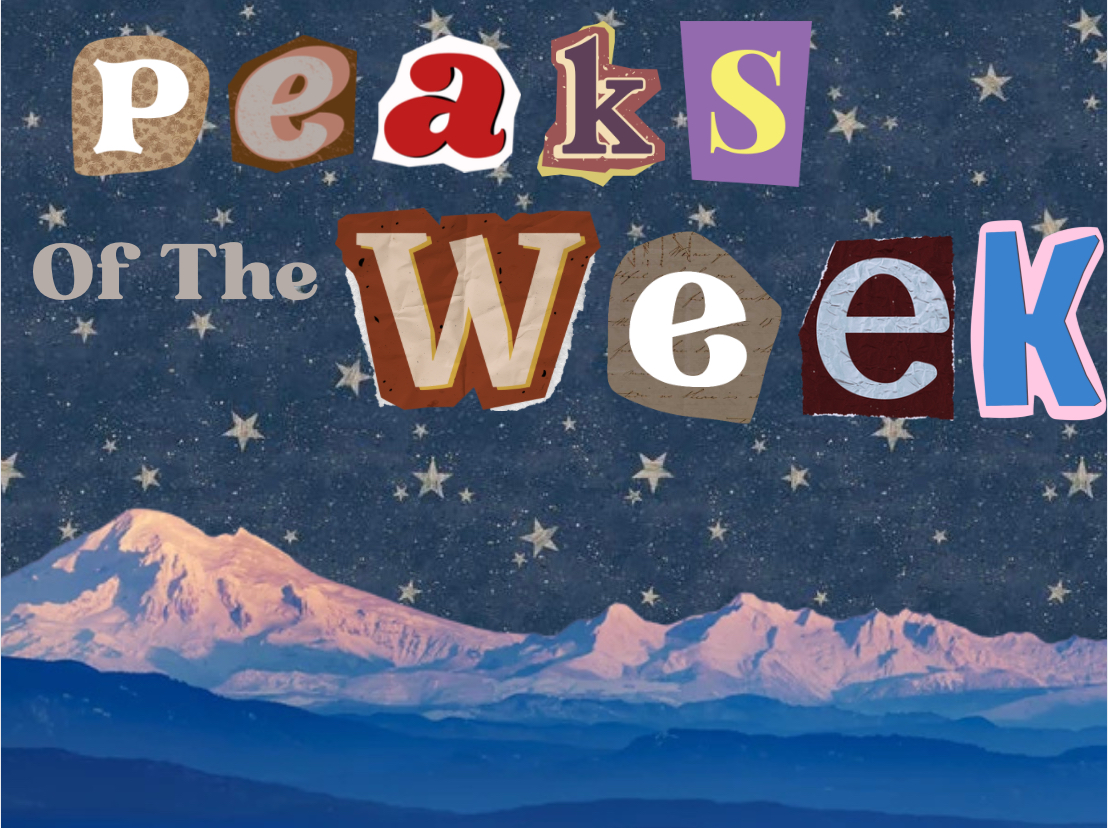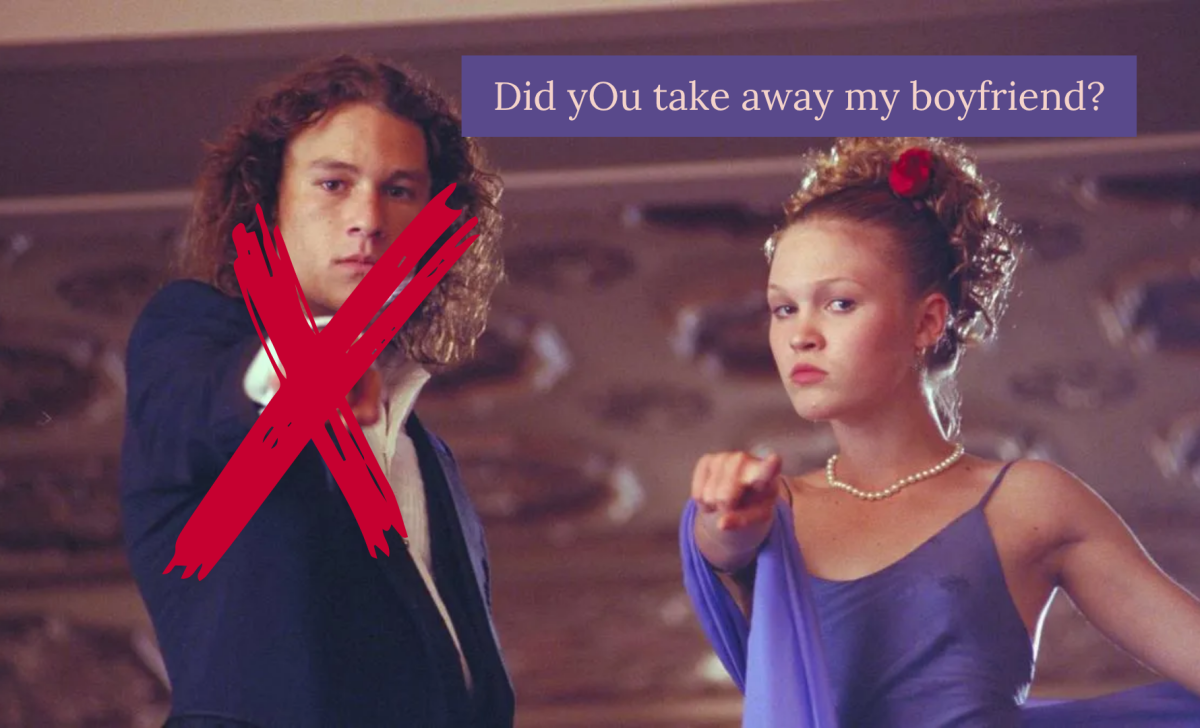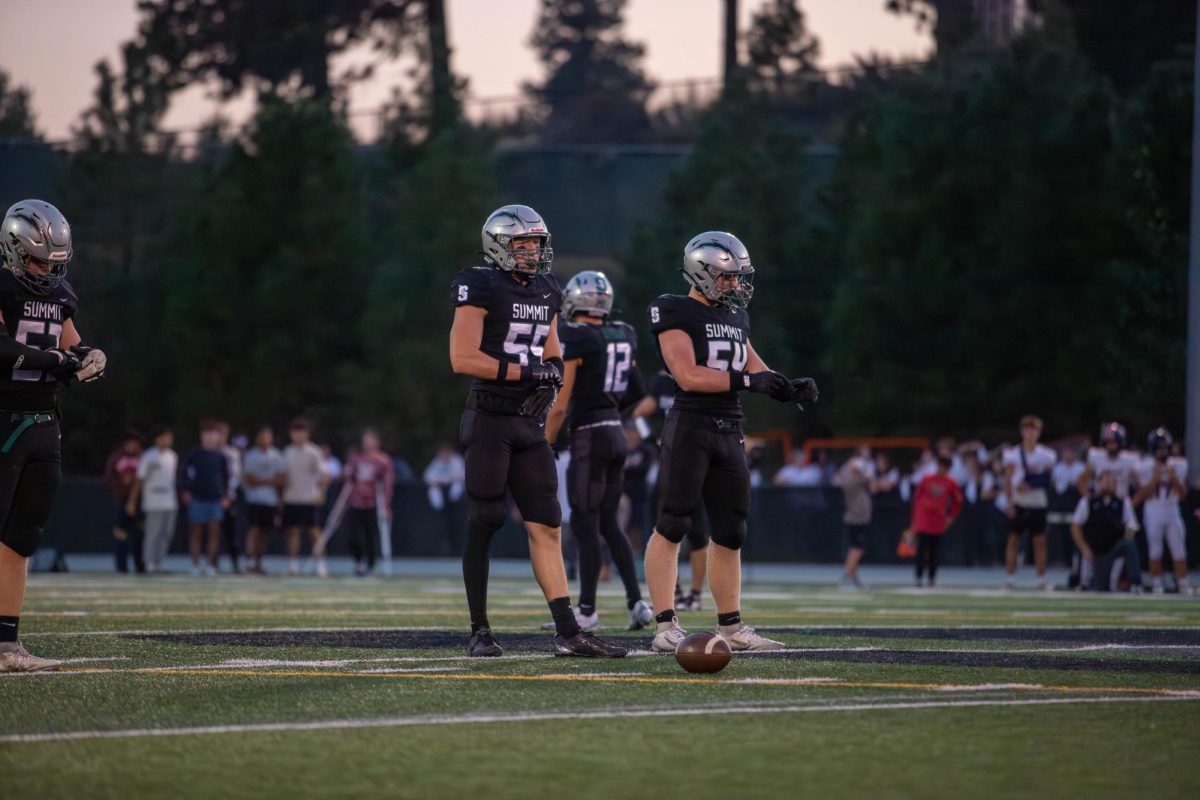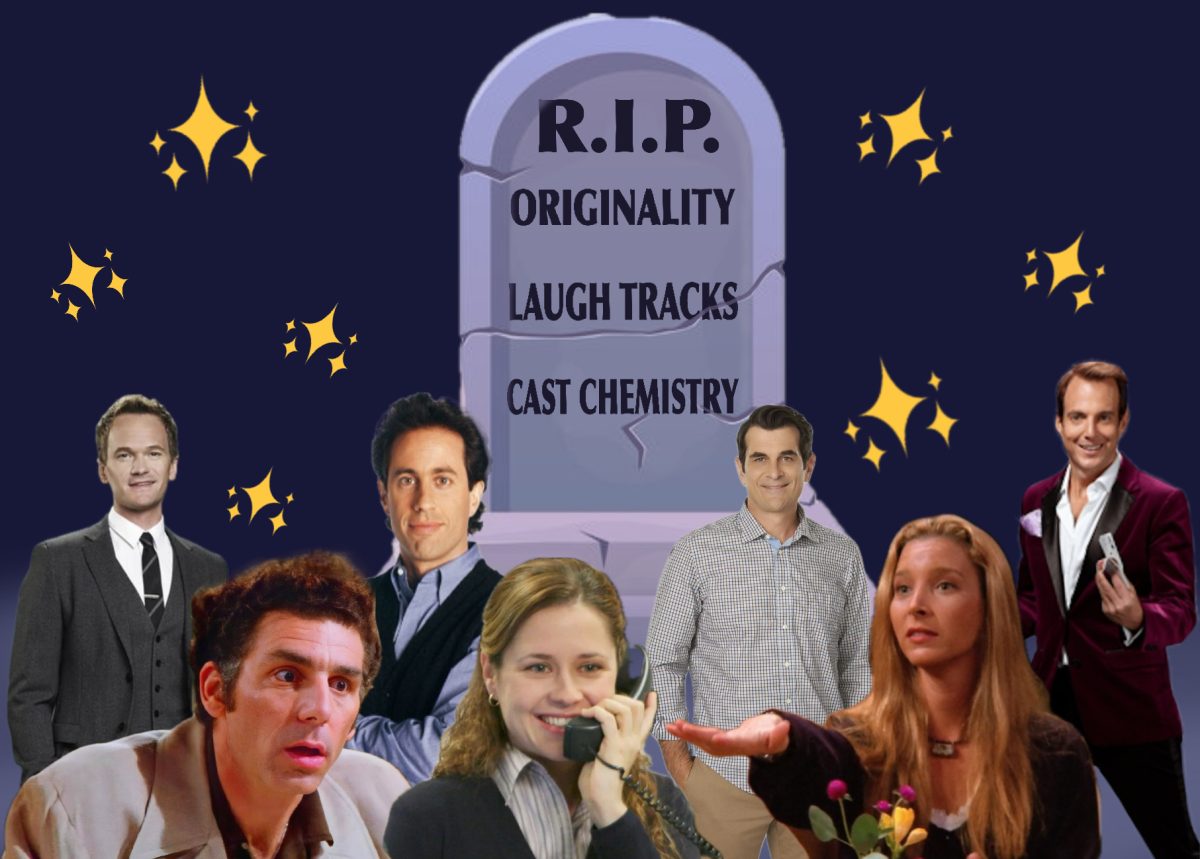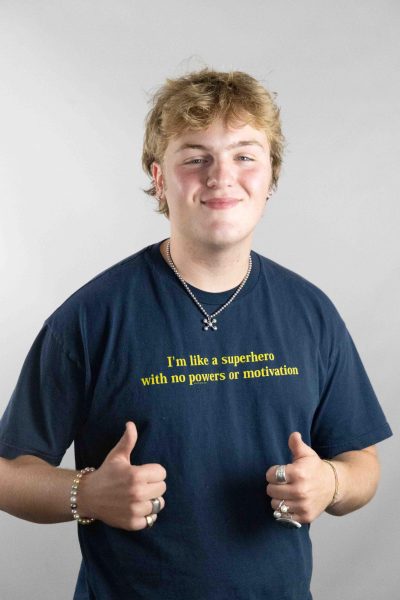In the modern zeitgeist of journalism and media, short-form content makes up nearly all of what we consume. Of active TikTok users, over 50% claim they get a majority of their news from the platform. These 15-second news blurbs about election season, Travis Kelce’s favorite pizza flavor and ASAP Rocky’s thoughts on the Met Gala theme seem to cloud our vision as consumers.
I’m not here to lecture on the negative effects of social media. Even I, in all my artsy elitism, fall victim to the occasional two-hour “#corecore” doom scroll. My greater concern is the quiet disappearance of the disciplined, intricate documentary; and why my fellow Letterboxd elites don’t seem to care.
The once-important art of the documentary has been completely lost in the modern age of biased media and echo-chamber political commentary. Filmmakers’ personal investment and opinion on important stories—that deserve to be told—often end up skewing narratives to fit an agenda.
This agenda is often centered in entertainment, as is the case for the recent Netflix docu-drama, “Monsters: The Erik and Lyle Menendez Story.” This series controversially swayed the story to portray manipulative, controlling and aggressive characteristics of Erik and Lyle Menendez. Both brothers are still fighting for their freedom to this day, after being arrested for the 1989 murders of their allegedly abusive parents.
Other times, this agenda can be financial, with filmmakers attempting to squeeze every penny and dime out of a given story. More often than not, the agenda is purely based on the opinion of the filmmakers. Of course, in any form of media, there is no particular problem with injecting opinion into your work. Any and all media we consume is portrayed through a certain lens. This is unavoidable and completely okay.
So, shouldn’t the same go for filmmakers creating a documentary? Theoretically, yes. The problem occurs when a filmmaker changes the larger outlook of a story in order to make it fit within the boundaries they’ve created. That’s not biased media coverage; that’s misinformation.
The Oxford Dictionary defines a documentary as “a movie or a television or radio program that provides a factual record or report.” By risking the journalistic integrity of the event or person being documented, filmmakers lose the entire point of making a documentary in the first place. Films have lost their element of reporting and resorted to telling.
This is a common occurrence in Netflix’s seemingly favorite genre–the docu-drama–which essentially exists to tell grossly dramatized versions of real stories. In the case of the Menendez brothers, this does a huge disservice to those involved, affecting the case in real life by perpetuating false narratives and, ironically, drama.
Even docu-drama series that are praised for their narrative and visual accuracy, such as the HBO mini-series “Chernobyl,” are often far from perfect.
“Chernobyl” covers the events of the 1986 nuclear disaster in Pripyat, Ukraine, in which several nuclear reactors failed and exploded. The mini-series was praised for its set design and overall accuracy, down to location-specific license plate numbers.
Yet, even with the hyper-attentiveness within “Chernobyl,” experts on the accident still discovered multiple large inaccuracies within the story.
This goes to show the overall flaw within the docu-drama genre. Even at its very best, filmmakers still almost always add additional plot-points, or straight up get things wrong.
The same goes with documentaries themselves, sometimes even more so. Almost all modern documentaries try to add a “wow” factor within the narrative they document. Filmmakers get so caught up in an interesting story, they forget to tell real history. New leads or important pieces of information are treated as plot-points, not supporting evidence within the story.
Works like “The Social Dilemma” demonstrate this obsessive media procession. The film attempted to cover the dangers of social media in modern society, however greatly misfired in its mission to do so. It contained genuine insight, yet overshadowed it with foolish melodrama and comically bloated writing. The documentary ended up becoming a laughing stock to film fans, missing the mark on its mission to spread understanding toward real life problems that affect real people.
Conversely, not all documentaries are shrouded in drama and falsehood. “Grizzly Man” directed by Werner Herzog tells the story of Timothy Treadwell, who spent years accompanying a pack of wild grizzly bears in the remote Alaskan wilderness. Herzog utilized footage Treadwell himself had shot throughout his time in the “grizzly maze,” Treadwell’s hyperbolic way to reference grizzly habitats. Herzog analyzed Treadwell, eventually deciding that Treadwell believed he had bridged the gap between humans and nature.
Herzog also interviewed a wide variety of friends, family and experts to debunk and explore Treadwell’s story. Herzog avoided creating his own story, but rather explored the harrowing and complex story of Treadwell’s passion, struggle and ultimate demise.
“Grizzly Man” demonstrates what a documentary should look like. It displays and explores a complex event without stripping the report for parts. Efforts like this urge us to love documentaries. This detailed storytelling and strong virtue starkly contrast the issue with most modern renditions of the genre.
Maybe I care a little bit too much. Maybe an eight episode drama series calling itself a true story is entertaining and fun. Maybe that’s what audiences want to see. But I miss works that hunt complexity and understanding. I miss the cornerstone greats of the genre. I miss “Grizzly Man,” “Moi Un Noir” and “The Alpinist.” Bring back the disciplined and elaborate tellings of the stories that make long-form media worth investing in. At the very least, for the love of God, let’s stop making docu-drama series’.

